6 Safety And Wellness Tips For First Responders
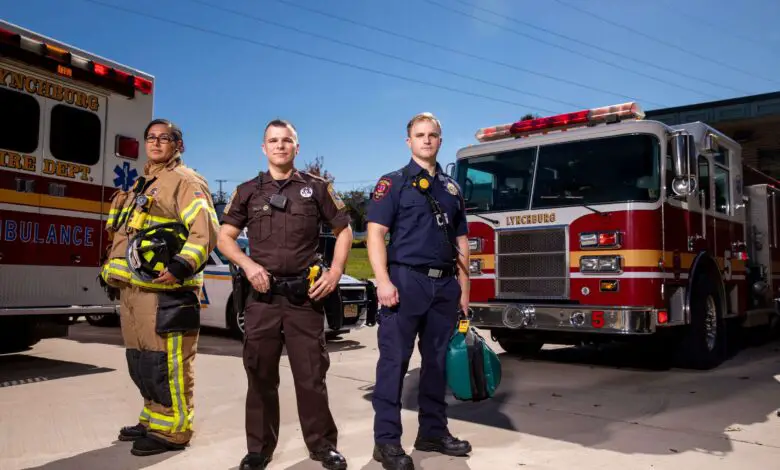
First responders have a crucial job when going to emergencies. They are expected to arrive first and give immediate attention to the situation at hand.
For most first responders, the work is more of a calling than a job, and they would often be portrayed as superheroes by the media. These brave souls are responsible for saving lives, and sometimes they may even put their own lives in danger to save another.
Being passionate about what they do makes them one of the bravest people you will ever meet, but the toll that their roles take on their health and well-being is often unknown to the public.
Physical, mental, and emotional complications are common among first responders. Here are some safety and wellness tips that could help prevent some of these:
1. Good Quality Safety Gear
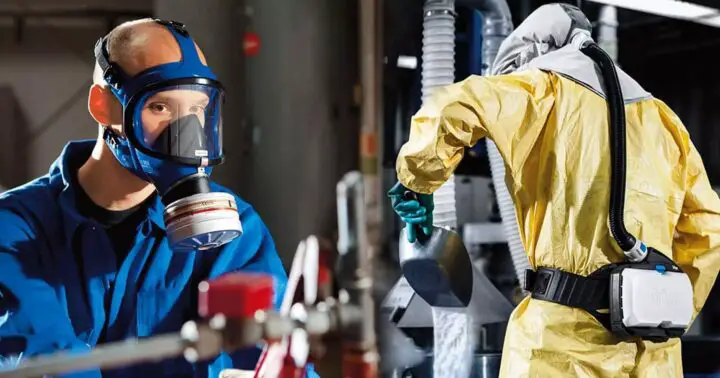
Although most first responders are fit to handle every possible situation thrown at them, they also need to ensure that their gear and equipment are fully functional.
Regular checks should be performed on all safety equipment to ensure that responders are safe from physical harm. You can find safety equipment like gas masks for fire officials at MIRA Safety or other leading brands. Meanwhile, emergency medical personnel should also have access to safety boots and gloves, and the police force must have bulletproof vests.
With safety gear provided, it remains the responsibility of the first responder to ensure that their equipment is safe for use. Top-of-the-line working equipment and gear could save their lives and help them give the best possible care to others.
2. Additional Training
Employers should identify what the shortcomings are and offer the appropriate training to employees.
Advanced level skills could be needed in some lines of work, so the first responders must prepare at all times. A well-trained staff can deal with any emergency. The more highly trained the responders are, the better equipped they will be to handle stress and complex situations that may arise.
3. Safe and Limited Shifts

A significant concern for the safety and well-being of the emergency personnel is that they work longer shifts than required. This may seem harmless at first, and even cheering them on because they never get tired. However, if they continue with this path, they’d be exhausted in no time.
During a crisis, it is not unusual for workers to stay longer than regular work or shift hours, which causes mental and physical fatigue. The full extent of this became apparent in nurses who are constantly overworked and understaffed.
In recent years, there has been a shortage of healthcare professionals in hospitals. This led to doctors and nurses on duty or on-call for days in a row, which stressed them out all the more.
Paramedics have also been found to work double shifts. This is nothing new to them; many have worked extended hours before, standing in for sick or injured colleagues.
Many countries and areas have placed limits on the number of hours these people should work. However, this is not always strictly enforced by employers. Responders need to remember to take care of their well-being and limit their working hours within the prescribed legal limit.
4. Quality Time With Family And Friends
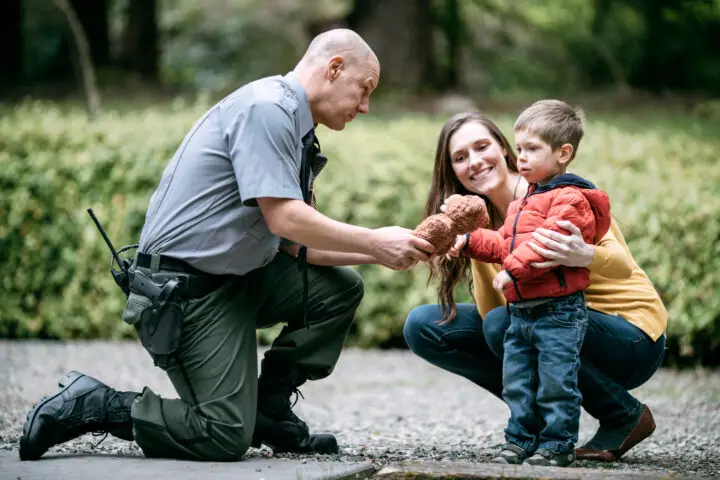
Responders are sometimes exposed to horrific scenes because they are the first to arrive on the scene. These scenes could later haunt them and make them feel uneasy for some time.
Most facilities would offer debriefing sessions to their personnel to minimize the impact of the traumatic experience on them. Sometimes, though, the responders avoid attending these sessions out of fear of being benched.
Responders are passionate about their professions that they could not afford a day without attending the job they love. Yet often they minimize their stress responses or just put on a brave face.
Family and friends should closely monitor their loved ones for any signs or symptoms of burnout to help them get the best possible treatment. Allow them to discuss their thoughts and feelings safely at home.
Quality time and closeness could be a deterrent for somber moods and give the workers the boost they need to continue doing their best each day.
A sound support system also makes the job and its challenges more bearable, especially after witnessing a gruesome scene. Loved ones could also encourage the frontline workers to use technological advances to monitor their health.
5. Seek Professional Help
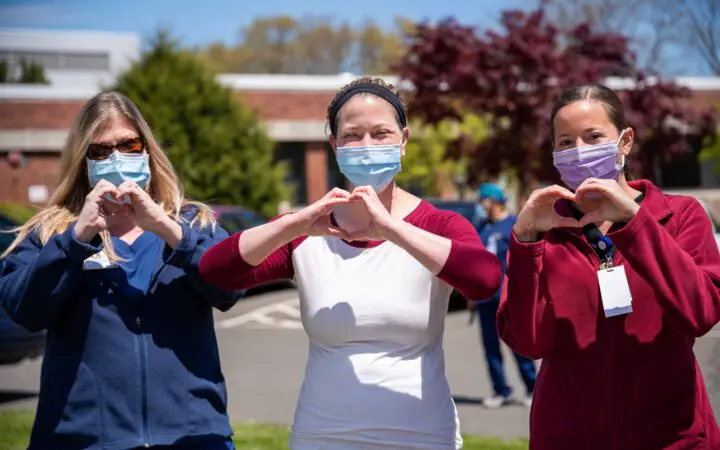
When stress becomes chronic, it may have more adverse effects on wellness. Being tired and feeling anxious or depressed all the time could prevent people from working optimally.
Some frontline workers have been diagnosed with post-traumatic stress disorder and other mental illnesses when their emotional well-being is neglected for extended periods. Having impaired mental or emotional capacity could leave them unfit for duty.
The first responders may need additional support even after the debriefing sessions offered by their employers. If this becomes apparent, family, friends, or even their employer has to reiterate the importance of professional assistance.
Professional mental health practitioners are trained to provide the support these workers need, with some even having advanced techniques specially developed for this line of work. However, the first responders are not always keen on being helped as they’re usually the ones who help others. Specialized therapy could assist them greatly when they see that they are understood and heard.
6. Take Leaves When Needed
It is essential to make time to relax and catch up on personal matters now and then. Some companies have implemented mandatory leave as some employees would not often take these well-needed breaks.
Although everyone needs these breaks, it has never been more accurate than for first responders. Due to the nature of their jobs, they may need more frequent pauses away from their work environment to rest and recharge.
Conclusion
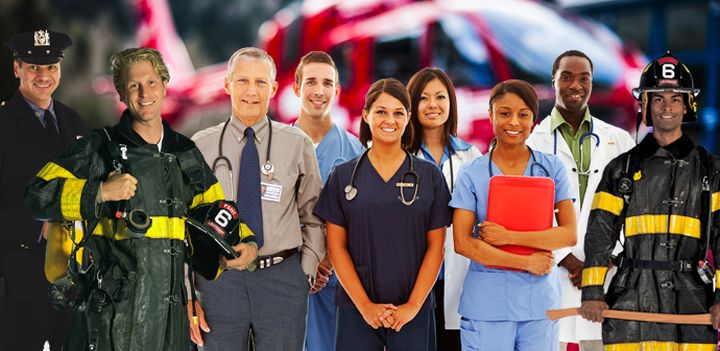
First responders are an integral part of our society, and we would never feel safe without them. Looking after their safety and wellness should be a priority for each employer. Loved ones living with a first responder will know how difficult it can sometimes be, and they are often the only people who fully understand the weight of the situation. Safety and wellness are not a luxury, but a necessity for our everyday superheroes.
